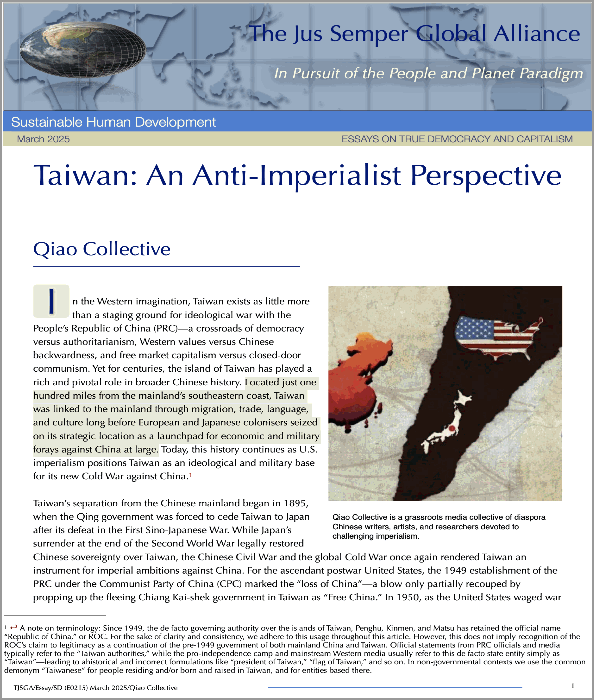The Return of Nature and Marx’s Ecology
John Bellamy Foster and Alejandro Pedregal (an interview)
John Bellamy Foster writes me before leaving Eugene, Oregon: “We had to evacuate. And we have to travel a long ways. But I will try to send the interview by the morning.” The massive fires on the West Coast of the United States had triggered the air quality index up to values of 450, and in some cases over the maximum of 500—an extremely dangerous health situation. Forty thousand people in Oregon had left their homes and another half a million were waiting to flee if the threat grew. “Such is the world of climate change,” Foster states. Professor of sociology at the University of Oregon and editor of Monthly Review, twenty years ago Foster revolutionised Marxist ecosocialism with Marx’s Ecology. This book, together with Marx and Nature by Paul Burkett, opened Marxism to a second wave of ecosocialist critique that confronted all kinds of entrenched assumptions about Karl Marx himself in order to elaborate an ecosocialist method and program for our time.
The great development of Marxist ecological thought in recent years—which has shown how, despite writing in the nineteenth century, Marx is essential for reflecting on our contemporary ecological degradation—is in part the product of a turn carried out by Foster and others linked to Monthly Review.His current, which came to be known as the school of the metabolic rift due to the central notion Foster rescued from volume 3 of Marx’s Capital, has developed numerous ecomaterialist lines of research in the social and natural sciences—from imperialism and the study of the exploitation of the oceans, to social segregation and epidemiology.
On the occasion of the release of his latest book, The Return of Nature, a monumental genealogy of great ecosocialist thinkers that has taken him twenty years to complete, Foster tells us about the path these key figures traveled, from the death of Marx to the emergence of environmentalism in the 1960s and ’70s, as well as about the relationship of his new book to Marx’s Ecology and the most prominent debates of current Marxist ecological thought. His reflections thus serve to help us rethink the significance of this legacy, in view of the urgent need for a project that transcends the conditions that threaten the existence of our planet today.
For a full read of this brief, click here or on the picture to download the pdf file. |







